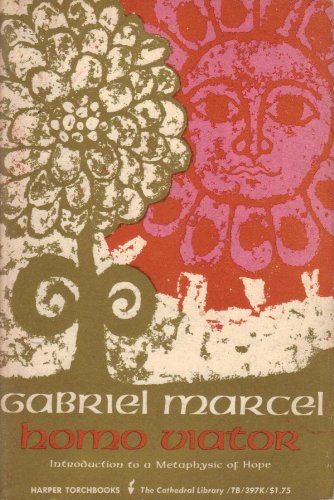What do you think?
Rate this book


This edition of Marcel's inspiring Homo Viator has been updated to includle fifty-seven pages of new material available for the first time in English, making this the first English-language edition to conform to the standard French edition. Here, Christianity's foremost existentialist of the twentieth century gives us a prodigious personal insight on 'man on the way' that will reinforce and commend our own pilgrimages in hope.
Paperback
First published January 1, 1951